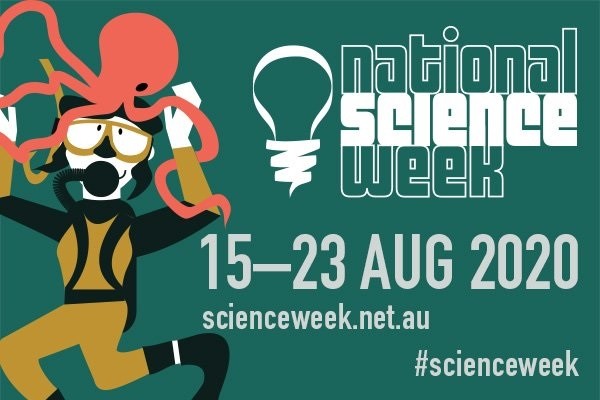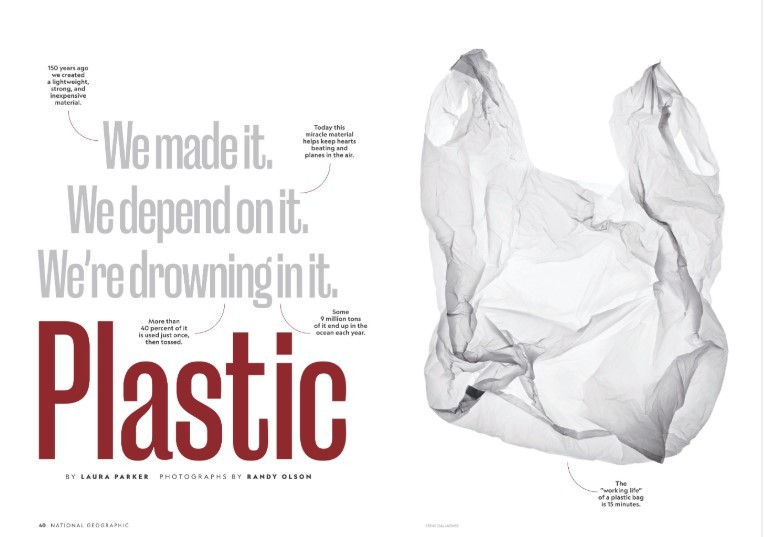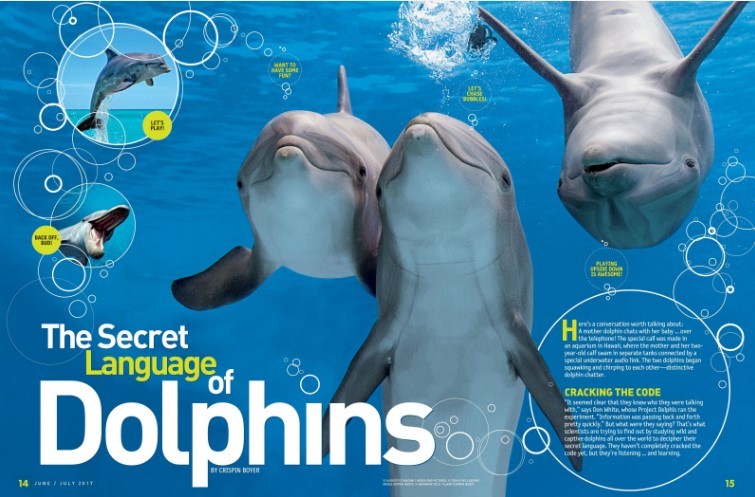
National Science Week (15 - 23 August) is Australia’s annual celebration of science and technology. Its aim is to highlight the contributions of Australian scientists to the world of knowledge, and to help foster in everyone a fascination with the natural world.
This year the school theme for National Science Week is ‘Deep Blue: innovations for the future of our oceans’. The intention is to highlight the work of the recently-established Blue Economy CRC. Their mission is to assist in the development of Australia’s sustainable ‘blue economy’ through the delivery of research into integrated seafood and renewable energy production systems.
Statistics around the following issues are concerning the future of our oceans:
- The ever-increasing amount of plastics in our oceans
- The effects of global warming on rising sea levels
- Extreme weather events
- The disruption of ecosystems
- Coral bleaching events
- Marine heatwaves
- Toxic algal blooms
- Oil spills
Use your free State Library membership to access thousands of journals and ebooks and discover what scientists are doing all around the world to address these problems. Regardless of where you happen to live in Queensland, these wonderful resources are yours for the taking. To locate this material, you can either use our One Search catalogue, or use one of our many databases.
Databases for Science Research
Proquest Central
One of the journals included in the Proquest Central database is Teaching Science - the flagship journal of the Australian Science Teachers Association. Also available is the (USA) National Science Teachers Association’s journal Science Scope that recently published some marine education resources and lesson plans that could be useful for educators. Read highlights from key conferences like the International symposium on the effects of climate change on the world's oceans, or OceanObs (International Conference on the Ocean Observing System for Climate); find out what the CSIRO is saying about climate and oceans; check the current status of wave energy technologies and the design of other marine renewable energy systems.
JStor
In addition to current journal literature, JStor content also stretches back into the 1800s. For example, The Scientific American archive in JStor dates from its first issue in 1845. You’ll also find key peer-reviewed journals like Oceanography which had a special issue devoted to ocean warming in the June 2018 issue.
PressReader
PressReader includes thousands of full-colour newspapers and magazines from around the world, including Science publications like Australian Geographic, Biology Today, Smithsonian and many more.
Australia and New Zealand Newsstream
Australia and New Zealand Newsstream is a media database of articles published in Australian and New Zealand newspapers and magazines. Read about National Science Week activities, politics, personalities, and issues in the news.
Britannica Library
The Britannica Library is another database that can be used to source trusted scholarly information on issues like plastic pollution in oceans and on land and climate and the oceans. Articles are arranged in 3 different reading levels, making its content accessible to children, students and adults alike.
National Geographic Virtual Library
You can also find interesting articles aimed at a general readership in the National Geographic Virtual Library. Renowned for its stunning photography, this database has over 80 articles relating to oceans, including the 2019 article ‘Our addiction to Plastic’.

Image taken from Parker, Laura, and Randy Olson, "National Geographic Magazine", June 2018, Vol. 233, Issue 6, p.40.
An addition to the Virtual Library is National Geographic Kids which includes magazines, books and videos aimed at a young audience. See for example Oceans: Dolphins, Sharks, Penguins, and More! National Geographic Society, 2010 or the article The Secret Language of Dolphins.

Image taken from Boyer, Crispin. "The Secret Language of Dolphins" (National Geographic Kids), June-July 2017, p.14.
Kanopy
State Library also subscribes to Kanopy – a streaming video service free to all State Library members. Apart from world movies and feature films, you’ll find documentaries like
- The ABC’s Can We Save the Reef?
- The multi-award winning Revolution: The Fight to Save Our Oceans about the grave dangers threatening the worlds’ oceans
- Ecocide, the film about the 2010 devastating oil spill in the Gulf of Mexico
- Muddy Waters: Life and Death on the Great Barrier Reef, about the problem of sugarcane farm runoff.
These are just some of the 30,000+ films you will find on Kanopy.
Ebooks
State Library has a large range of ebooks, so regardless of where you live in Queensland, the excellent resources in the collection are always within reach. You’ll find Michiel Abbing’s beautifully illustrated investigation into the scourge of single-use plastics Plastic Soup : An Atlas of Ocean Pollution; The Handbook of Ocean Wave Energy – a reference-guide for engineers to the field of ocean wave energy; or books on Offshore Renewable Energy from waves, tides and wind; just to get you started.
Make the most of your State Library membership today and explore the theme of this year’s National Science Week with our databases and ebooks. There is something there for all levels, whether you are an engineer needing state-of-the art research into ocean engineering, an investor looking for promising environmental technologies, a teacher interested in environmental education, a marine scientist, concerned parent, student, curious lay person, or tiny tot wanting a picture book.
Further reading
National Science Week: https://www.scienceweek.net.au
Science Week – Schools: https://www.scienceweek.net.au/schools/
Blue Economy CRC: https://blueeconomycrc.com.au/
MORE INFORMATION
Access all databases: http://onesearch.slq.qld.gov.au/primo-explore/dbsearch?vid=SLQ&lang=en_US
Find books, articles and ebooks in One Search: http://onesearch.slq.qld.gov.au
Library membership - /get-involved/become-member
Ask us - /plan-my-visit/services/ask-us
Comments
Your email address will not be published.
We welcome relevant, respectful comments.